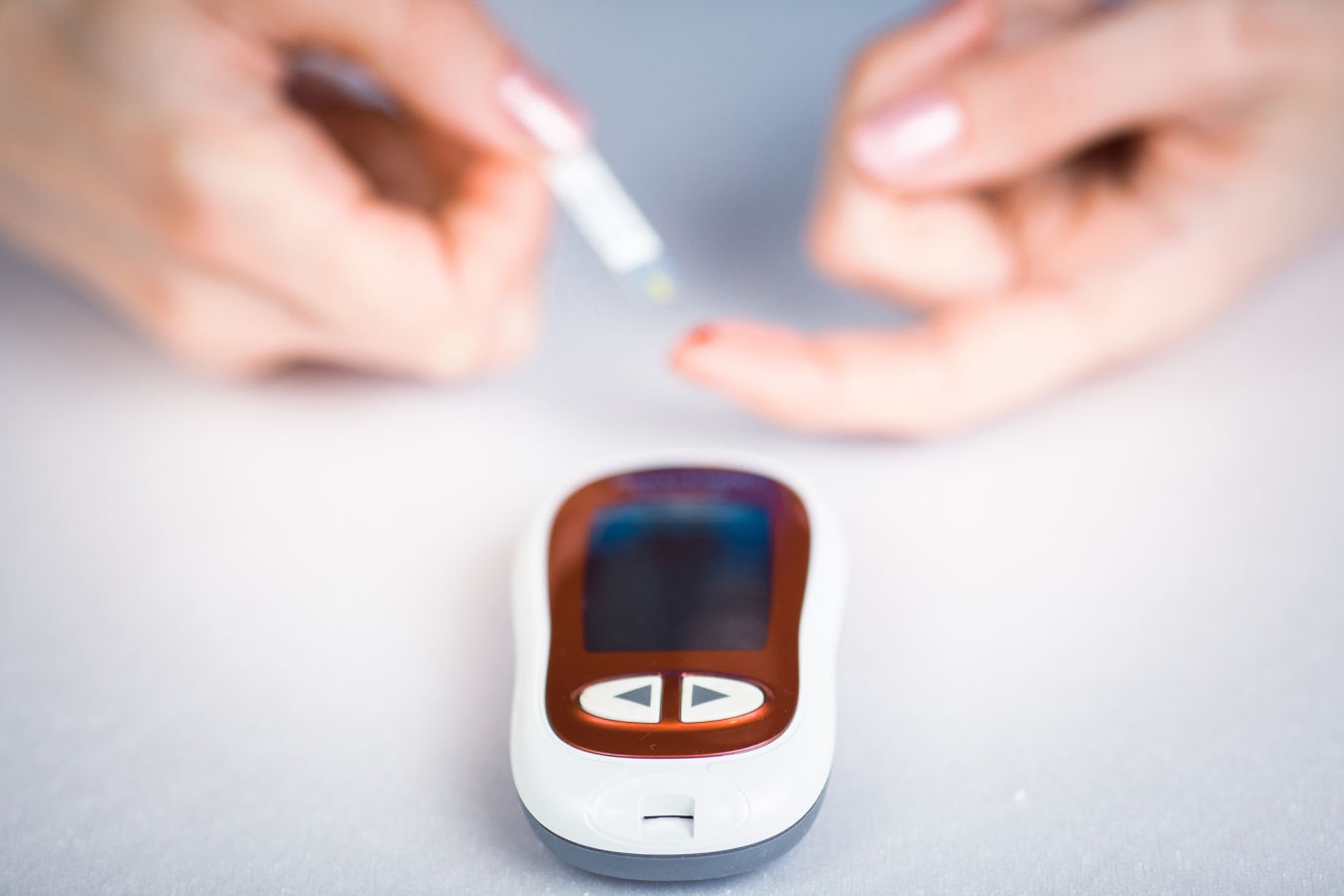


 8:42:9
8:42:9  2019-10-27
2019-10-27  1085
1085

Type 1 diabetes has no cure, and although there are several treatment options available, many people find managing the condition challenging. New technology could help reduce that burden.
More than 1 million children and adults in the United States have type 1 diabetes, according to the American Diabetes Association.
The Centers for Disease Control and Prevention (CDC) note that about 5%Trusted Source of all people who have diabetes have type 1.
Type 1 diabetes can significantly impact a person's life, as people need to monitor their blood sugar levels regularly to ensure they do not become dangerously high or low.
Currently, people with type 1 diabetes measure their blood sugar levels by pricking a finger several times a day or wearing a glucose monitor. Depending on the measurements, they may have to administer insulin using an injection or insulin pump.
But a new form of technology trialed recently and showcased in the New England Journal of Medicine could replace these conventional methods.
Automatic insulin
The trial looked at a particular type of artificial pancreas, or closed-loop control. These devices continuously monitor and regulate blood glucose levels. When the monitor detects that a person needs insulin, a pump releases the hormone into the body.
The trial involved the use of the Control-IQ system — a new type of artificial pancreas that uses algorithms to adjust insulin doses automatically throughout the day.
"By making management of type 1 diabetes easier and more precise, this technology could reduce the daily burden of this disease, while also potentially reducing diabetes complications including eye, nerve, and kidney diseases," says Dr. Griffin P. Rodgers, director of the National Institute of Diabetes and Digestive and Kidney Diseases (NIDDK).
The 6-month trial is part of a much larger research initiative known as the International Diabetes Closed-Loop (iDCL) Study, which involves the testing of several artificial pancreas systems to determine a variety of factors, such as safety, effectiveness, and user-friendliness.
The trial recruited 168 people with type 1 diabetes and with a minimum age of 14.
The researchers assigned over 100 people to use the Control-IQ system, while 56 people formed a control group that used sensor-augmented pump (SAP) therapy. This therapy does not alter insulin doses automatically.
Researchers wanted to replicate day-to-day life, so they did not monitor the systems remotely. Participants did, however, contact researchers every few weeks to check data from the device.
24-hour control
The researchers were interested in the amount of time that blood glucose levels reached a target range of 70 to 180 milligrams per deciliter (mg/dl).
The results showed that the blood sugar levels of the people who used the Control-IQ system were in the target range for an average of 2.6 hours per day longer than previously. Those using the SAP therapy saw no notable change throughout the trial.
Vitally, the system also improved the participants' blood glucose control overnight as well as during the day. This is a crucial advancement for people whose levels drop significantly when asleep.
None of the groups experienced severe cases of hypoglycemia — when blood sugar levels become very low.
One participant using the artificial pancreas system developed diabetic ketoacidosis, which is a shortage of insulin. However, this was due to an equipment issue.
Reducing the burden
According to Dr. Guillermo Arreaza-Rubín, the study's program scientist and director of NIDDK's Diabetes Technology Program, these findings indicate that this system "has the potential to improve the health of people living with type 1 diabetes, while also potentially lifting much of the burden of care from those with the disease and their caregivers."
Boris Kovatchev, Ph.D., director of the UVA Center for Diabetes Technology, says the technology's glucose control is "beyond what is achievable using traditional methods."
The team has submitted the results of the trial to the U.S. Food and Drug Administration (FDA). They are waiting to find out whether the device can go to market.
Reality Of Islam |
|

Labor short

A new ultra

Batteries p
 9:3:43
9:3:43
 2018-11-05
2018-11-05
10 benefits of Marriage in Islam
 7:5:22
7:5:22
 2019-04-08
2019-04-08
benefits of reciting surat yunus, hud &
 9:45:7
9:45:7
 2018-12-24
2018-12-24
advantages & disadvantages of divorce
 11:35:12
11:35:12
 2018-06-10
2018-06-10
 6:0:51
6:0:51
 2018-10-16
2018-10-16
 9:42:16
9:42:16
 2022-10-19
2022-10-19
 8:19:41
8:19:41
 2018-06-21
2018-06-21
 7:45:39
7:45:39
 2018-06-21
2018-06-21
 1:38:41
1:38:41
 2021-12-08
2021-12-08
 6:28:21
6:28:21
 2022-12-20
2022-12-20
 1:16:44
1:16:44
 2018-05-14
2018-05-14
 12:10:56
12:10:56
 2022-11-17
2022-11-17
 5:41:46
5:41:46
 2023-03-18
2023-03-18
| LATEST |